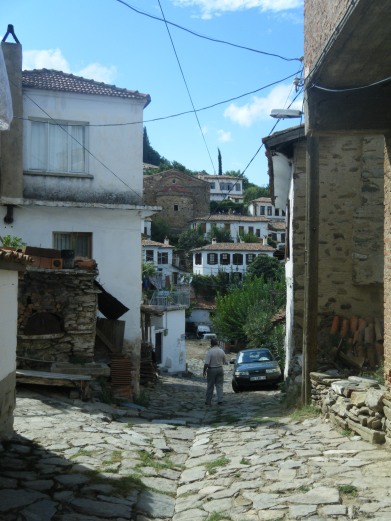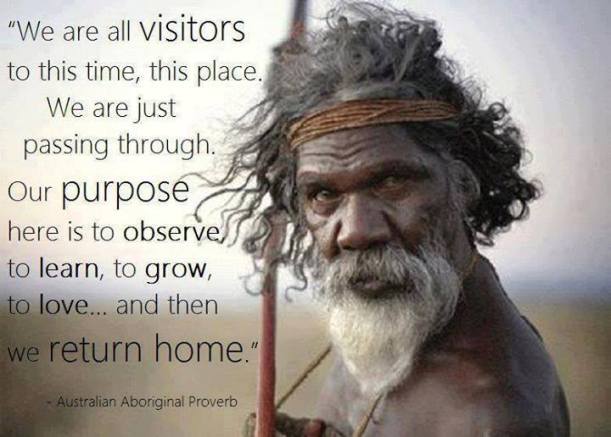Author Chimamanda Ngozi Adichie is an absolutely brilliant and talented woman. Her novels are among my all time favourites and from the few video interviews and speeches I’ve heard her give, she seems to be a deeply insightful, engaging, bold and entertaining woman. I would love to meet her!
This talk about the ‘dangers of the single story’ is one of the best things I’ve heard in a long time. I think I tend a bit towards exaggeration and describe lots of things as ‘amazing’ and ‘thought-provoking’, but this speech truly is. I also think it provides an interesting perspective on ‘Otherness’ although Ms Adichie doesn’t comment on this concept directly. But she gives many examples from her own life experience, both of her own judgements of Others and the way others have judged her in turn, based on the ‘single story’. She draws on her own experience of the stories told about the poor, about Africans, about Americans, about immigrants – the over-generalized, narrow and often prejudicial narratives we tell about other people and other groups – to show the way in which these stories absolutely fail to capture reality and how these stories can cause harm, misunderstanding and rob others of their dignity.
This type of ‘single story telling’ is something we all do. We have all, at one time or another, been guilty of telling the single story and consequently of denying the dignity of our fellow humans. But if we can acknowledge the truth – that there are in reality, many many stories – then there is hope of restoring that dignity.
It is certainly worth listening to the entire talk. I’ve shared a few ideas from the speech below, but it was a challenge picking out individual bits when all of the talk was so good. Please take the time to listen to the entire thing! You won’t be disappointed!
‘That is how to create a single story – show a people as one thing, as only one thing, over and over again, and that is what they become.’
‘It is impossible to talk about the single story without talking about power.Power is the ability, not just to tell the story of another person, but to make it the definitive story of that person.’
‘The consequence of the single story is this: it robs people of dignity.’
‘Stories matter. Many stories matter. Stories have been used to dispossess and malign, but stories can also be used to empower and to humanize. Stories can break the dignity of a people, but stories can also be used to repair that broken dignity.’
‘When we reject the single story, when we realise that there is never a single story about any place, we regain a kind of paradise.’




